The University of Cambridge Primary School, where I am executive headteacher, has always focussed on developing a love for reading. Within the school, we have reading spaces, secret reading book clubs, and parent and staff reading groups. We make displays, bring books to life through special weeks and drama and song. In parallel, we also develop the oracy and dialogue of children so that they have the confidence to talk about their ideas and stories.
I remember the moment in my school days when I was switched onto reading. It was a dark January, and my sixth form teacher, Mr Sykes, told us to open The Return of the Native at the first chapter. Diggory Venn, a reddleman, urged his way through the vast Wessex landscape, “a vast tract of unenclosed wild.” The unnerving ancient setting captured our attention. We sat and listened as Mr Sykes read Hardy’s text. He seemed to guide us through this different way of expressing the world.
We also read the openings of Dickens’ novels. I remember almost feeling thrust from my wooden class chair to a bobbing boat on the Thames while reading Our Mutual Friend:
“In these times of ours, though concerning the exact year there is no need to be precise, a boat of dirty and disreputable appearance, with two figures in it, floated on the Thames, between Southwark bridge which is of iron, and London Bridge which is of stone, as an autumn evening was closing in”.
When we discovered that the people in the boat were searching for drowned bodies to sell, or to steal from, my mind was captured. We all wanted to remain on the boat to find out why.
More recently, the same thing happened when I read the powerfully told, coming of age novel, Release by Patrick Ness: “Adam would have to get the flowers himself”. This is a very different opening, yet it still plunges the reader into the same sense of curiosity. Who did he buy the flowers for? Why?
But how could those Victorian novels capture the attention of a class of teenagers? What did the teacher do to bring us to the text and inspire us to continue reading? In essence: how do we come to love reading? This last question is an important one for educators and parents as Professor Teresa Cremin explains: “Whether children read for pleasure – that is choose to read – within and beyond school matters”. We must captivate the hearts and minds of children to develop a lifelong insatiable interest in reading. So, how do we make them curious to turn over the page and continue reading?
Through stories we express what it means to be human
The world is essentially storied. We tell stories about ourselves, our families, our communities, our cultures and our histories. We spin yarns through the dramas and joys of life. Reading is a written version of this storytelling; inherent in what it means to be a human being. Hardy’s Diggory reveals his love for Thomasina, reflecting the similar feeling we have when our love is unrequited. And when Adam goes to buy the flowers, we learn that a seemingly innocuous event can lead to the most extraordinary life-changing moments.
In school, developing reading has many aspects – from teaching phonics to the creation of positive reading for pleasure cultures. Educators continue to work tirelessly, promoting the benefits of reading for pleasure and encouraging children to read as a worthwhile activity.
History tells us that oral storytelling precedes reading the written text. At the University of Cambridge Primary School, we want to find ways for children and their families to be represented in our school and speak their stories, which is not always easily done. We start by inviting parents to bring in books or donate to our library books that they enjoyed reading, encouraging the dissemination of texts in their own and diverse languages.
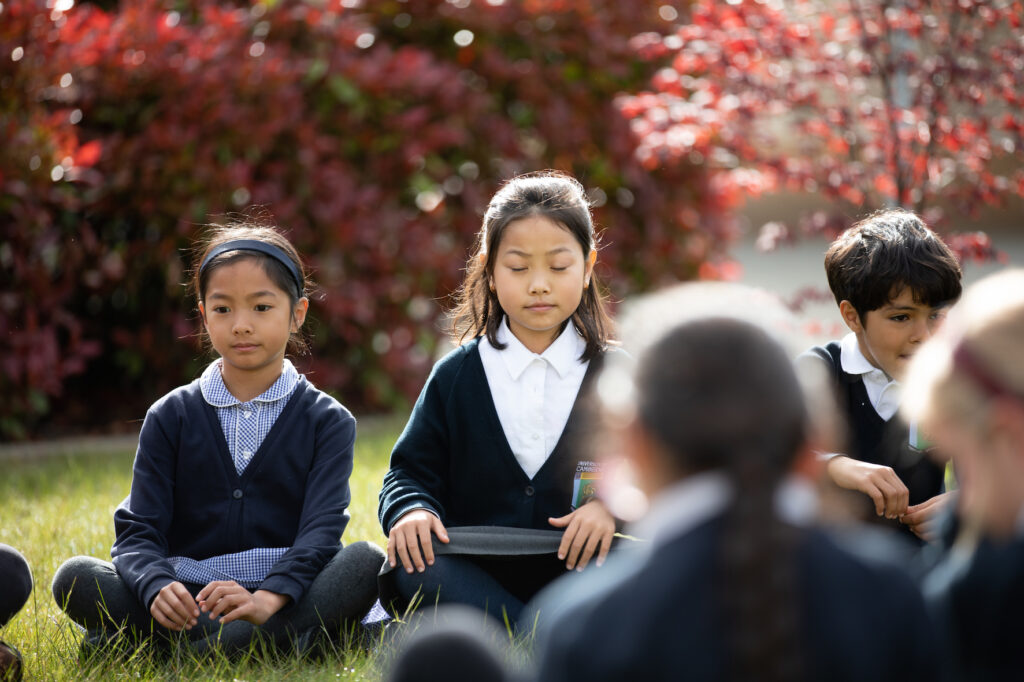
Many families, especially those from ethnic minorities, don’t always know how to tell their stories so that others here can understand. They sometimes think others aren’t interested in hearing their tales. I discovered this during my doctorate study, which involved me visiting children in their homes and showed me the vital importance of understanding the lived experiences of children outside of school. We often –wrongly – assume that learning solely takes place in school. I and others, like Dr Mandy Swann from the University of Cambridge, have discovered in our research work a rich and diversely experienced way of being and living, and this affects how reading and storying (and the agency to engage in both) are enacted.
Reading connected children and teachers in lockdown
The global pandemic has caused a slight halt in the ongoing crusade to enthral children in the imaginary worlds of fiction and the knowledge-constructing wealth of non-fiction titles. It also gives us greater insight into reading attitudes and behaviours beyond the classroom.
Naturally, as reading for pleasure is at the heart of all we do at the University of Cambridge Primary School, we focussed on this when reaching out to our families at home. Through Zoom, we had a unique opportunity for a direct line into children’s homes and vicariously to share our knowledge of children’s literature with the wider community. On the eve of school closure, we set in motion our plan to educate our children at home via a weekly booklet.
Each week we featured a different book, with the learning constructed around wonderful stories from children’s literature. Stories such as The Fox and the Star by Coralie Bickford-Smith, How to Catch a Star by Oliver Jeffers, Asha and the Spirit Bird by by Jasbinder Bilan and many others. Our hope was that our children would want to read other titles by the featured author or gain a desire to read more at home. In fact, we discovered what the children were choosing to read at home without their teachers’ daily input or encouragement.
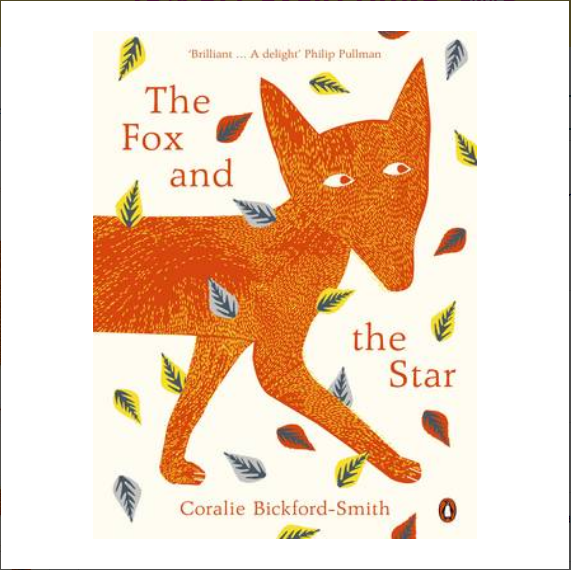
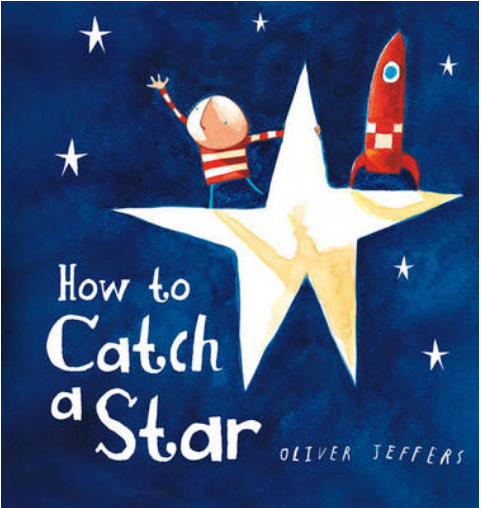
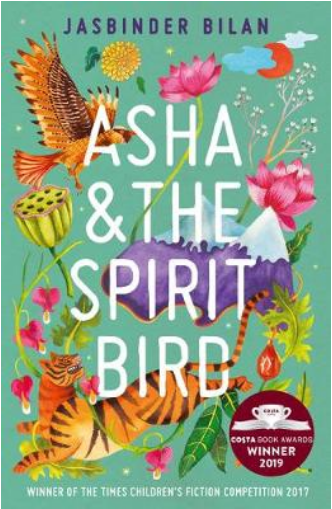
Through lockdown, books kept many of us company on those long days and nights, when a few essential shops were open, and the only other reason to leave the house was to exercise once a day. At that time too, books also provided excitement for many educators whose schools accommodated key worker and vulnerable children only.
Teachers must show children their own love of books
We need leaders and adults in schools to be people who read. Whether in school or online, reaching young readers and educators who are new to our school’s research-led ‘reading for pleasure’ agenda requires leadership to model the value of reading. We need our Mr Beattie, who loves history and eats up historical non-fiction and historically accurate novels. We need our Ms Natale, who loves books that connect with feelings and a sense of the human spirit. We need our Mr Drane, who likes vampires (well, not really, but he enjoys reading Darren Shan novels).
During many of my assemblies, I have shared my love of children’s fiction and other stories, which has led to many parents purchasing the titles I mentioned. My colleagues at the University of Cambridge Primary School have done the same. One of my colleagues and I set up a small holiday book group (consisting of two!), and we shared books and discussed the stories over coffee. By fuelling our interest in books, we could talk about them to our colleagues with insight and knowledge.
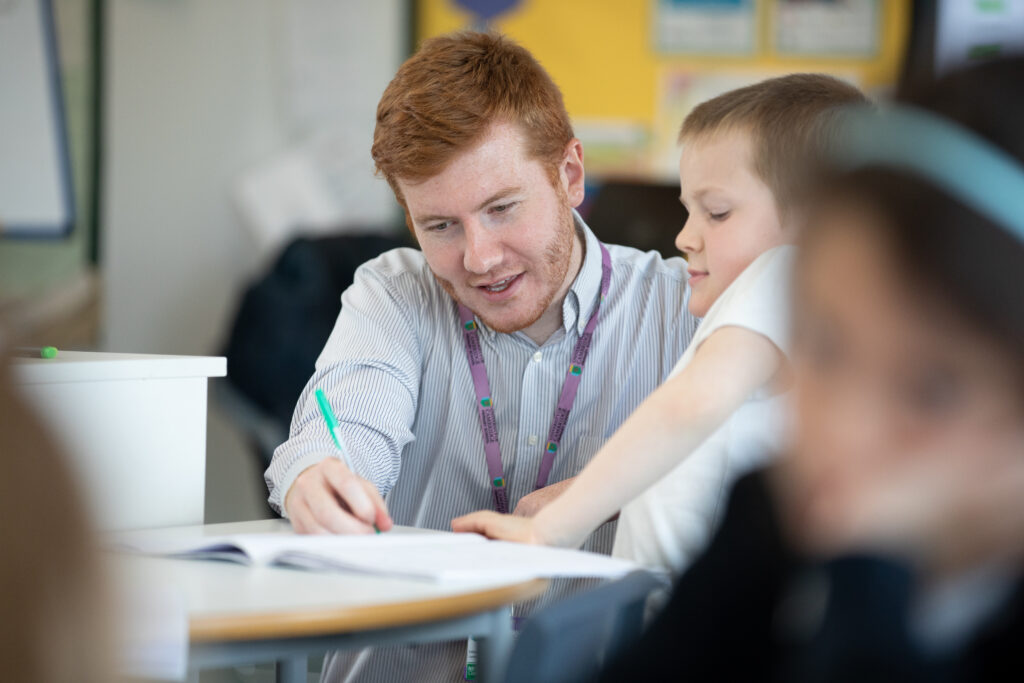
My whole team models their interest in reading. When I wander around the school, I notice classes in moments of rapt silence as a teacher reads out loud, hushed silence as teachers and children read their own books or noisy bustling as children and adults talk about the books they are reading. At the University of Cambridge Primary School, we do whatever it takes to excite our children about words, stories, facts, themselves, their communities and the world.
Thank you for visiting our blog. Our vision here at Books2All is a world where every child finds the books that help them reach their true potential. If you have spare books in good condition at home that you think might be appropriate for school children, please sign up for our app’s pre-release waiting list. If you represent a school, please register to receive books for your students.
Banner image and two inset photos courtesy of the University of Cambridge Primary School

